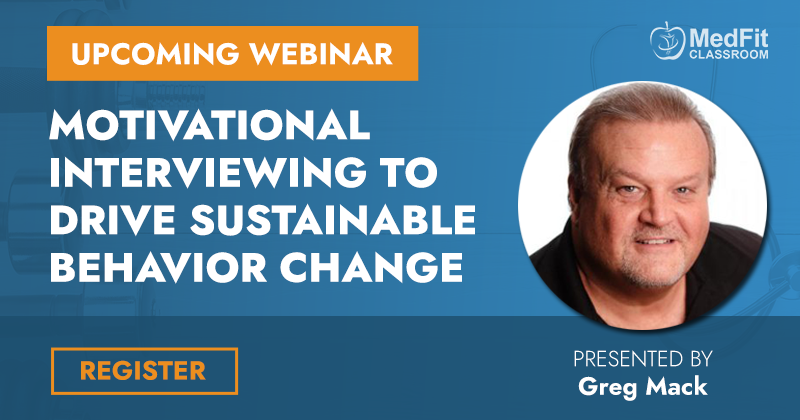Clients and Patients come to us because they want something to change about their life. That change could be the removal of physical pain, dealing with emotional distress, changing their nutrition in order to lose weight, or decrease the effect of diagnosed disease on their overall quality of life.
Interestingly, one’s desire to change doesn’t always lead to change. Change is abstract in that the new state of being that is desired doesn’t exist yet. Change is about the future. One’s future is connected to the present, which is the result of the past. Newton’s Laws of Motion give us a reference for thinking about change. In general, a thing will stay the same unless a force or energy acts on that thing. Therefore, change requires energy – and often sacrifice. Change can seem overwhelming and there may be fear of what might happen when change occurs. Old habits are hard to break. Even bad ones.
How can a practitioner from any discipline assist their client or patient to move from wanting to change to actually changing?

Motivational Interviewing (MI) is a communication strategy with tactical aspects designed to help the practitioner encourage the adoption of change behaviors. Change is about learning – learning not just a new way of thinking, but a new way of behaving.
Here is the most current definition:
“MI is a collaborative, goal-oriented style of communication with particular attention to the language of change. It is designed to strengthen personal motivation for and commitment to a specific goal by eliciting and exploring the person’s own reasons for change within an atmosphere of acceptance and compassion.” (Miller & Rollnick, 2013, p. 29).
What is the language of change?
Language (n.) – the principal method of human communication, consisting of words used in a structured and conventional way and conveyed by speech, writing, or gesture. (Oxford Language Dictionary)
Change (n.) – the act, process, or result of making different. (Merriam-Webster Dictionary)
Using the language of change can be as simple as speaking the synonyms for the word change within the questions and statements constructed in a conversation with your client or patient: alteration, difference, modification, redoing, refashioning, remaking, remodeling, revamping, review, revise, revision, reworking, variation
The definition of language includes the use of gestures as a part of the communication process.
Physical gestures reflect ideas that the speaker has about the problem, often ideas that are not found in that speaker’s talk.
“Gesture is an act of the body, and the body has been claimed to play a central role in cognition.” (e.g., Barsalou, 1999, Glenberg, 1997, Wilson, 2002, Zwaan, 1999).
So what part of our physical body can be used to create and display physical gestures?
The face, the eyes, the hands, the trunk, just about any part of your body can be employed.
What physical gestures would be useful to employ when conducting a motivational interview?
Find Out More…
Learn more about Motivational Interviewing! Join Greg Mack for his webinar, Motivational Interviewing to Drive Sustainable Behavior Change. Register Now »
Greg Mack is a gold-certified ACE Medical Exercise Specialist and an ACE Certified Personal Trainer. He is the founder and CEO of the corporation Fitness Opportunities. Inc. dba as Physicians Fitness and Exercise Professional Education. He is also a founding partner in the Muscle System Consortia. Greg has operated out of chiropractic clinics, outpatient physical therapy clinics, a community hospital, large gyms and health clubs, as well operating private studios. His experience in working in such diverse venues enhanced his awareness of the wide gulf that exists between the medical community and fitness facilities, particularly for those individuals trying to recover from, and manage, a diagnosed disease.


